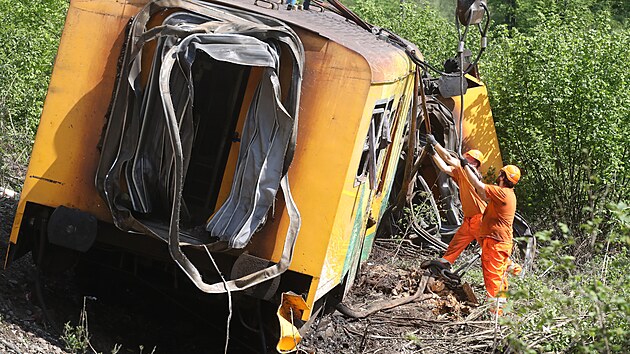William Ward lives only a few steps from one of London‘s favorite drinking spots, a venerable pub called the Museum Tavern. Its clientele has reputedly included Karl Marx, who spent his days studying at the British Museum Reading Room just across the street, and Arthur Conan Doyle, the struggling young doctor who had an office nearby and created Sherlock Holmes to occupy his idle hours between patients. The place still looks much as it did in their days, and people from the neighborhood still stop by for a glass-but not as frequently as they used to. “I love going to the pub, and I‘d come more often if I could,Ž says Ward, nursing a 3 ($5) pint of beer. “But the price of beer anywhere in London is just outrageous.Ž
Britons fear that one of their most beloved institutions is dying. Five pubs go out of business every day, leaving empty spaces in the communities they once served. For the first time in nearly 1,000 years, more than half of Britain‘s villages have gone dry. The pub has been the people‘s civic forum, their rallying center and their refuge from hard times. Now the soaring price of beer has cut consumption to the lowest since the Great Depression. Something essential to the national character is disappearing, perhaps forever. “Pubs are not just unique to Britain,Ž says Neil Williams of the British Beer & Pubs Association. “They are absolutely central to the cultural and social life of the nation.Ž Public sanctuary The idea of the “public houseŽ as both sanctuary and meeting place has deep roots in the British psyche. Shakespeare favored the Mermaid Tavern in London‘s Cheapside; Dickens frequented the Old Cocke Taverne in Fleet Street. Pubs that still survive in rural areas continue to serve as the hub of local society. “A village without a pub is awful,Ž says Graham Rose, sipping a pint under the oak beams of the “localŽ he has patronized for decades. “What I love is that it‘s the one place where you can meet all kinds of people.Ž His home village in Oxfordshire has seen two of its three pubs disappear in the past 15 years.
Drinkers at British pubs pay among the highest taxes in Europe. This year the government boosted the rate by 9 percent- ostensibly to discourage heavy drinking-and further increases are promised. Meanwhile, competition between supermarkets is driving down the price of shopbought beer. But price (as much as $6 for a pint at some taverns) is only a part of the problem. Big investment groups, interested only in short-term profits, have bought out many of the old family-owned breweries that used to own many of the pubs. And on top of everything else, a smoking ban introduced last year has driven away many longtime customers just when their trade was needed most.
Gastro-pubs Some pubkeepers are doing what they can to adapt. The country is now scattered with “gastropubsŽ-taverns that have expanded their menus far beyond sausages and beer to include alien fare like fried quail eggs and shaved Parmesan. Prince Charles himself is sponsoring a nationwide campaign to save villages and their pubs by helping country innkeepers develop supplementary income sources.
The fact remains that Britain‘s villages, neighborhoods and pubs aren‘t the insular places they used to be. More than 75 percent of households have access to a car, meaning most people can easily seek company and entertainment miles away from home. Nevertheless, the public house continues to stand as an emblem of Britain‘s tradition of community-based values. “Do we really want to live a society where everyone gets takeaway pizzas in front of a DVD and no one talks to anyone?Ž asks Neame. Pubs provide a setting for some of life‘s indispensables, things like comradeship and the chance to study the foibles of one‘s fellow humans. Ask Karl Marx- or Sherlock Holmes.
O autorovi| Newsweek, Stránku připravila Marta Pelechová



